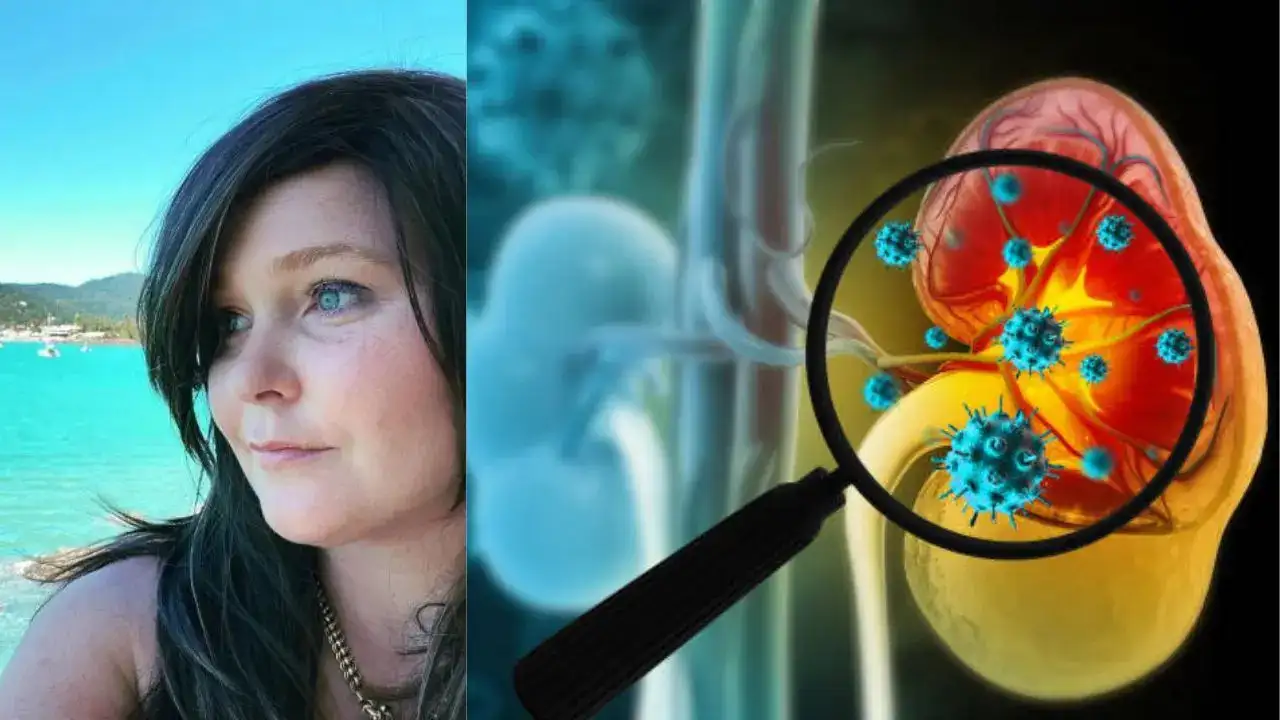
Giuffre had posted on social media about a severe car crash she said she narrowly escaped which left her with a life-threatening renal condition (Pic: Instagram/iStock)
Virginia Giuffre, one of the most prominent survivors of Jeffrey Epstein’s sexual abuse, died by suicide, her family revealed. The 41-year-old, who had been living in Australia for several years now, was one of the earliest and loudest voices calling for criminal charges against Epstein and Prince Andrew.
Giuffre’s brother, Danny Wilson, said she was in a lot of pain due to renal failure she had suffered from an accident a few years ago. "Her biggest push was, 'If I don’t do this, nobody’s going to do it,'" he said, regarding her advocacy. "She was in real physical pain—she suffered from renal failure. But I think that the mental pain was worse," he told NBC News.
In 2023, Giuffre had posted on social media about a severe car crash she said she narrowly escaped and survived. However, it left her with a life-threatening renal condition after undergoing spinal surgery.
How do accidents lead to renal failure?
According to experts, renal or kidney failure can happen due to physical trauma. In an accident, your kidneys—which are rich in blood vessels and sensitive to changes in blood flow and pressure—can get injured or affected indirectly by systemic responses in the body.
Doctors say among the major causes of renal failure following a crash is severe damage or crushing of the muscles, which then release a protein known as myoglobin into your bloodstream. Myoglobin clogs the kidneys’ filtering system, leading to acute kidney injury or AKI. In many high-impact accidents, even if external injuries seem minor, muscle damage becomes serious enough to trigger rhabdomyolysis.
Rhabdomyolysis is a condition where damaged skeletal muscle tissue breaks down rapidly, releasing its contents into the bloodstream. This can lead to various complications, including severe kidney damage.
What happens to your kidneys during rhabdomyolysis?
Doctors say rhabdomyolysis causes your muscles to break down and deteriorate—making components of your muscles leak into your blood circulation system, including large amounts of potassium, phosphate, myoglobin, creatine kinase, and urate.
Your kidneys remove these components from your blood so you can get rid of them in your pee. In large quantities, these muscle components damage your kid and if they are not able to get rid of your body’s waste fast enough, it leads to life-threatening kidney failure.
What is hypovolemic shock?
Hypovolemic shock is another dangerous condition that happens when your body loses a significant amount of blood due to internal or external bleeding, significantly lowering the blood flow to vital organs, including the kidneys.
It happens when your blood volume goes down by at least 20 per cent. Doctors say since hypovolemic shock keeps your organs from getting enough blood or oxygen, you need to get treatment immediately as the kidney tissues begin to die due to lack of oxygen.
What are the signs and symptoms of hypovolemic shock?
A few signs and symptoms of hypovolemic shock include:
- Breathing faster than normal
- Feeling confused or anxious
- Sweating
- Passing out
- Having skin that feels cool
- Feeling weak
- Having a low temperature and low blood pressure
- Having a fast pulse
Get Latest News Live on Times Now along with Breaking News and Top Headlines from Health and around the world.
